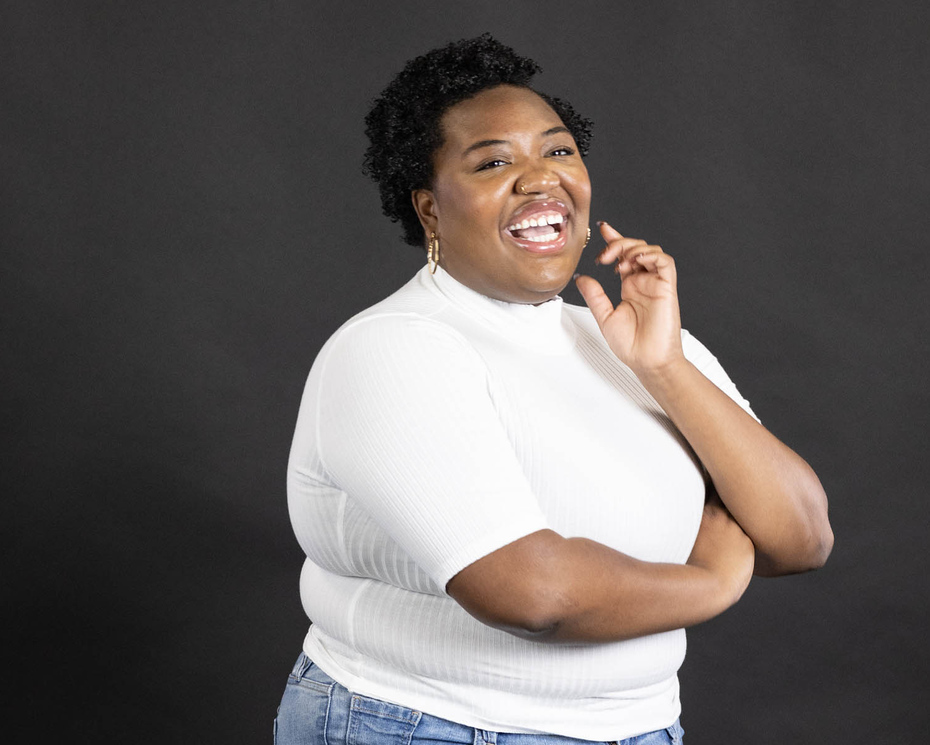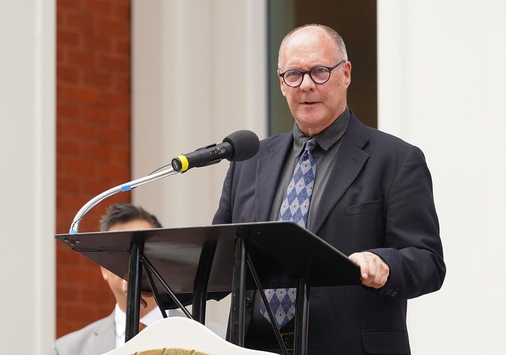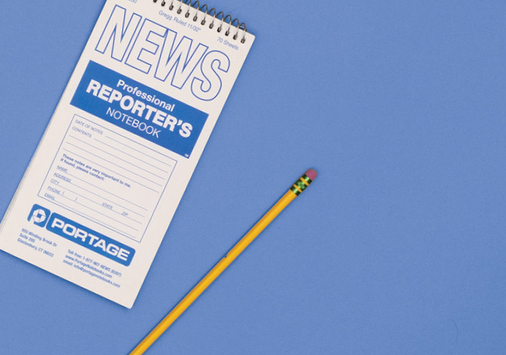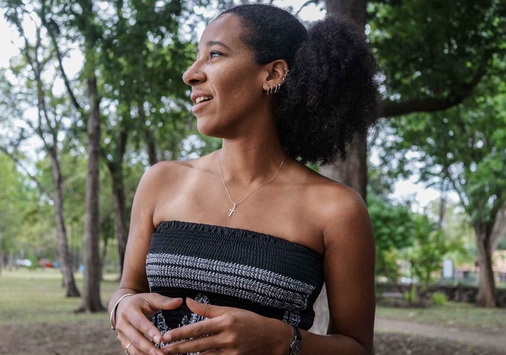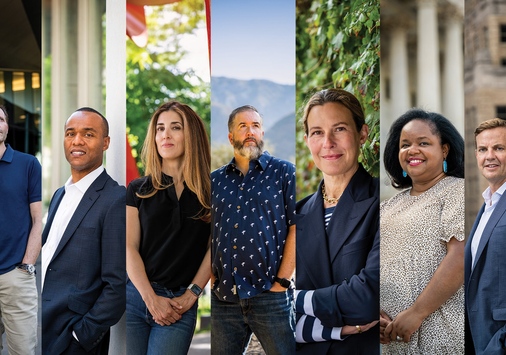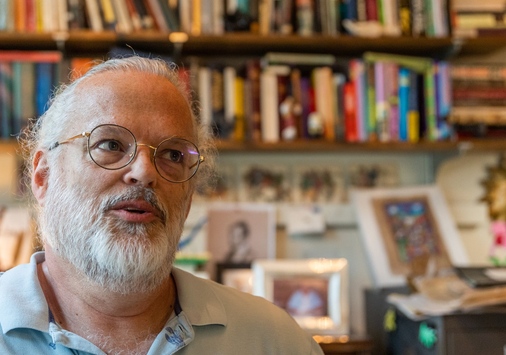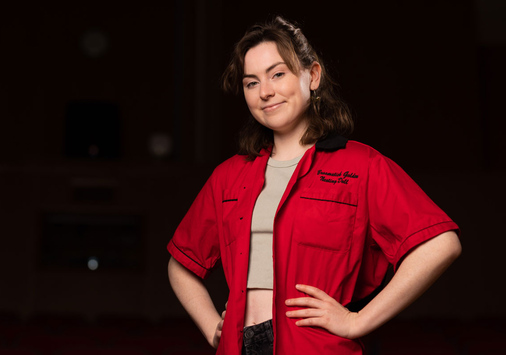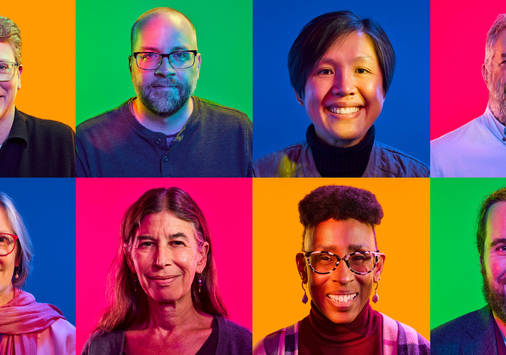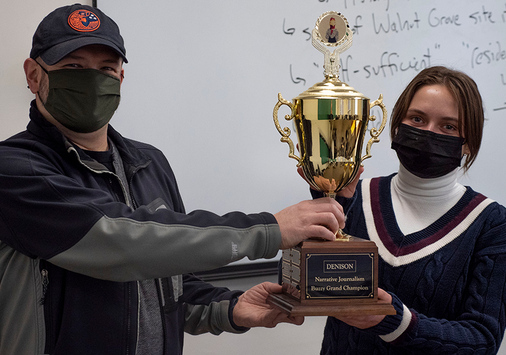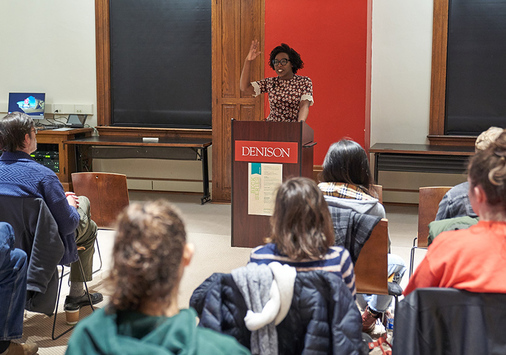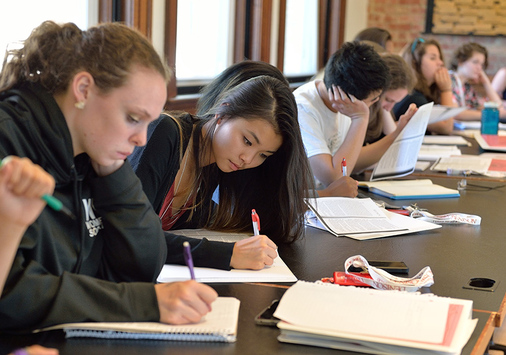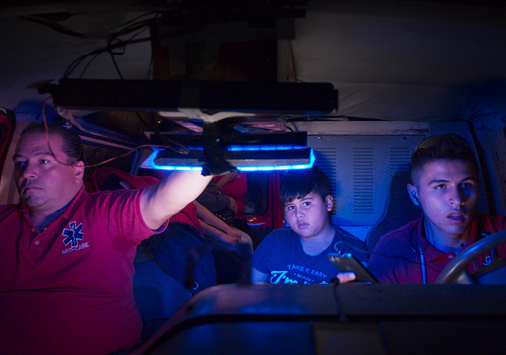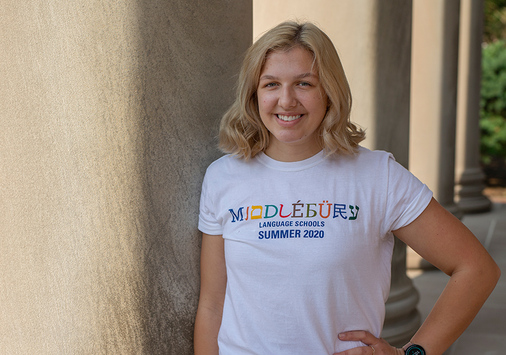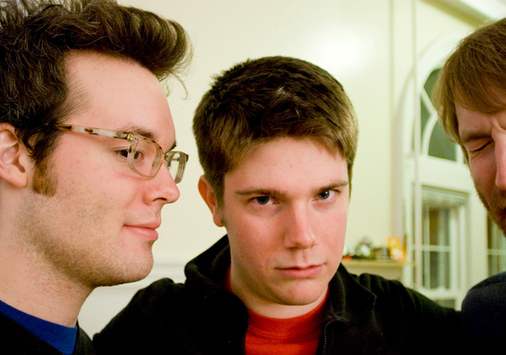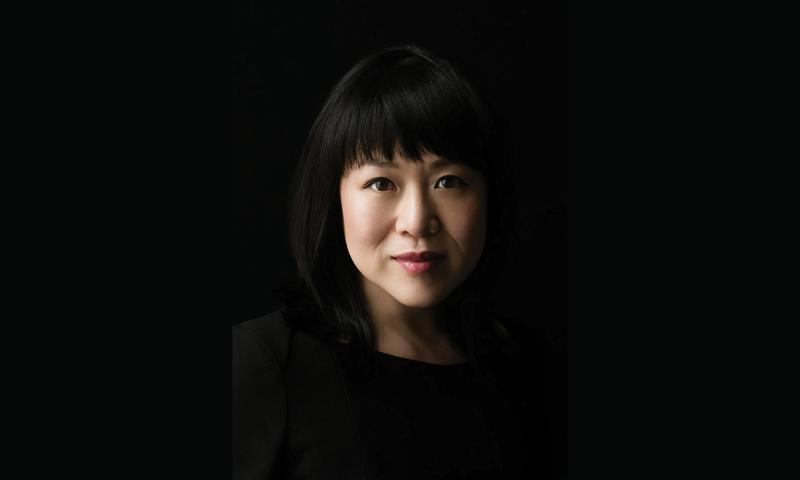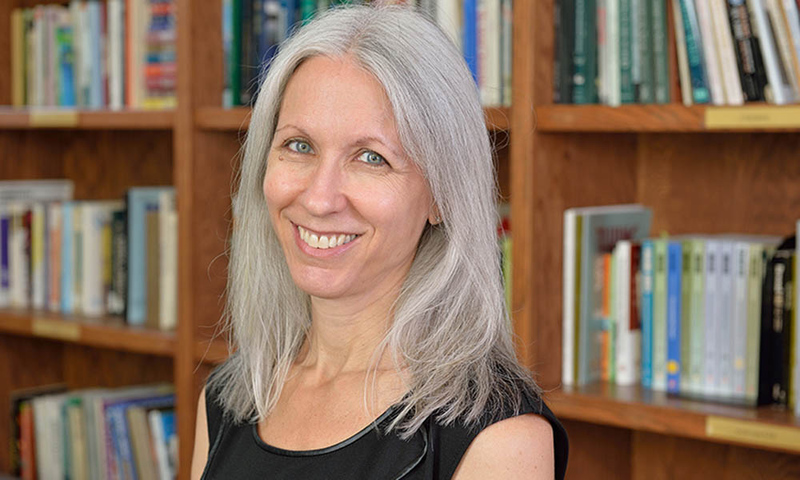English Literature
English majors at Denison choose an emphasis either in literary studies or in creative writing. We offer a diverse variety of courses that engage with human experience, recent and historical as well as local and global.
Denison’s English-Literature Program is Unique
We help prepare students for a broad array of careers. Denison’s English majors develop expertise in critical reading and writing along with skills in cultural understanding, empathetic thinking, imaginative reasoning, storytelling, critical thinking, and textual analysis—all highly valued by 21st-century employers. We are proactive in helping students explore career opportunities and find internships and jobs that build on these key skills.
The major is flexible. With few prerequisites, courses can be taken in whatever sequence works best for you, though we encourage students to take the 100- and 200-level courses first, if possible. We offer a broad array of classes and approaches to English-language texts from Britain, America, Africa and the Caribbean. And at least half of our students double major in a wide array of subject areas.
Our courses make exciting connections. We cross-list many courses with Black Studies, Environmental Studies, Women’s and Gender Studies, Queer Studies, International Studies, Global Commerce, and Journalism. Our courses cater both to majors as well as a diverse cross-section of the Denison student body.
Our Curriculum
English-Literature majors take ten courses:
- Four courses at the 100- or 200-level that provide a background in literary history and an understanding of the interrelationships between literature, history, politics, philosophy, the arts, and popular culture in various periods and traditions of British, American, African, and Caribbean literature. At least two of these courses must be at the 100 level.
- Five courses at the 300-or 400-level that focus on specific topics, such as African-American Women’s Literature, Postcolonial Literature, Middle Ages and Middle-Earth, and Contemporary Poetry. At least one of these courses must be at the 400 level.
- Majors also take one elective at any level.
- At least one of the ten courses must be in a literary tradition of historically marginalized or traditionally underrepresented people.
- Minors take six courses: three literature courses at the 100 or 200 level and three at the 300 or 400 level. At least one of those courses must be at the 100 level, and one must be in a literary tradition of historically marginalized or traditionally underrepresented people.
By design, many of these courses overlap with those required for the English-Creative Writing emphasis, making it easy to switch tracks. About half of our students double major in a wide array of subject areas.
